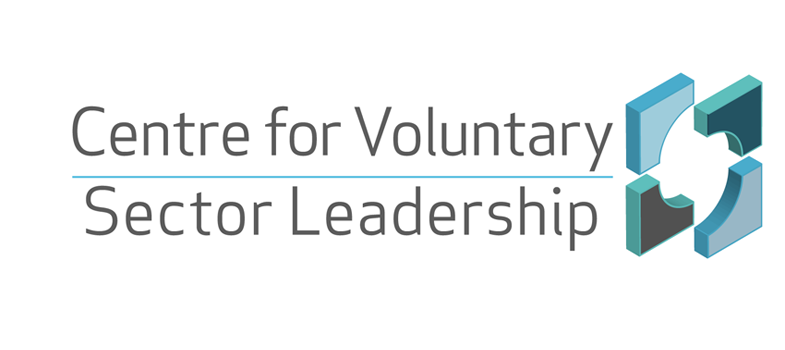2 Influencing others
The purpose of the following task is to help you think about whether influence always happens in expected directions when people from different organisations or departments come together. It is being introduced at the beginning of the reading, as you will need to allocate time to complete it during the week.
Practice of the week: influencing
Your task is to observe a meeting and reflect on how individuals influence one another. Select a ‘safe’ meeting from this week’s diary where you can tell other participants that you are conducting a small research project without jeopardising the interests of your organisation. Ideally, try to identify a meeting that is part of an ongoing inter-organisational collaboration, but if you feel uncomfortable with this, select an internal meeting.
You have two tasks:
- Take notes to record the interactions between individuals. Don’t worry if you do not capture all interactions, but try to capture the flow of a series of interactions. For example, Jo asks a question about the finances. Helen replies defensively but gives the financial details. Jo smiles, verbally welcomes the details, then comes back with a much more detailed second question challenging the figures.
- Reflect on your notes afterwards. Did influence always happen in the direction you would expect, or was it sometimes surprising? For example, perhaps junior staff influenced more senior staff or representatives of a small voluntary organisation influenced the representative of a larger or better-resourced organisation. What was the source of that influence? For example, it may have been the expertise of a particular staff member or organisation – or perhaps their local knowledge or relationship with the local community.
Like many of the practices explored in this course, influencing is a complex social practice. Paying detailed attention to the way influencing happens draws our attention to the power of words and of meaning-making. It makes us think about who influences who, how they do so and why. Observing influence may also lead you to reflect on the broader context – for example, the importance and position of different participants, both inside and beyond the meeting room.
In this week’s studies you will explore these issues further as we reflect together on collaboration and power.
1 Power and influence
